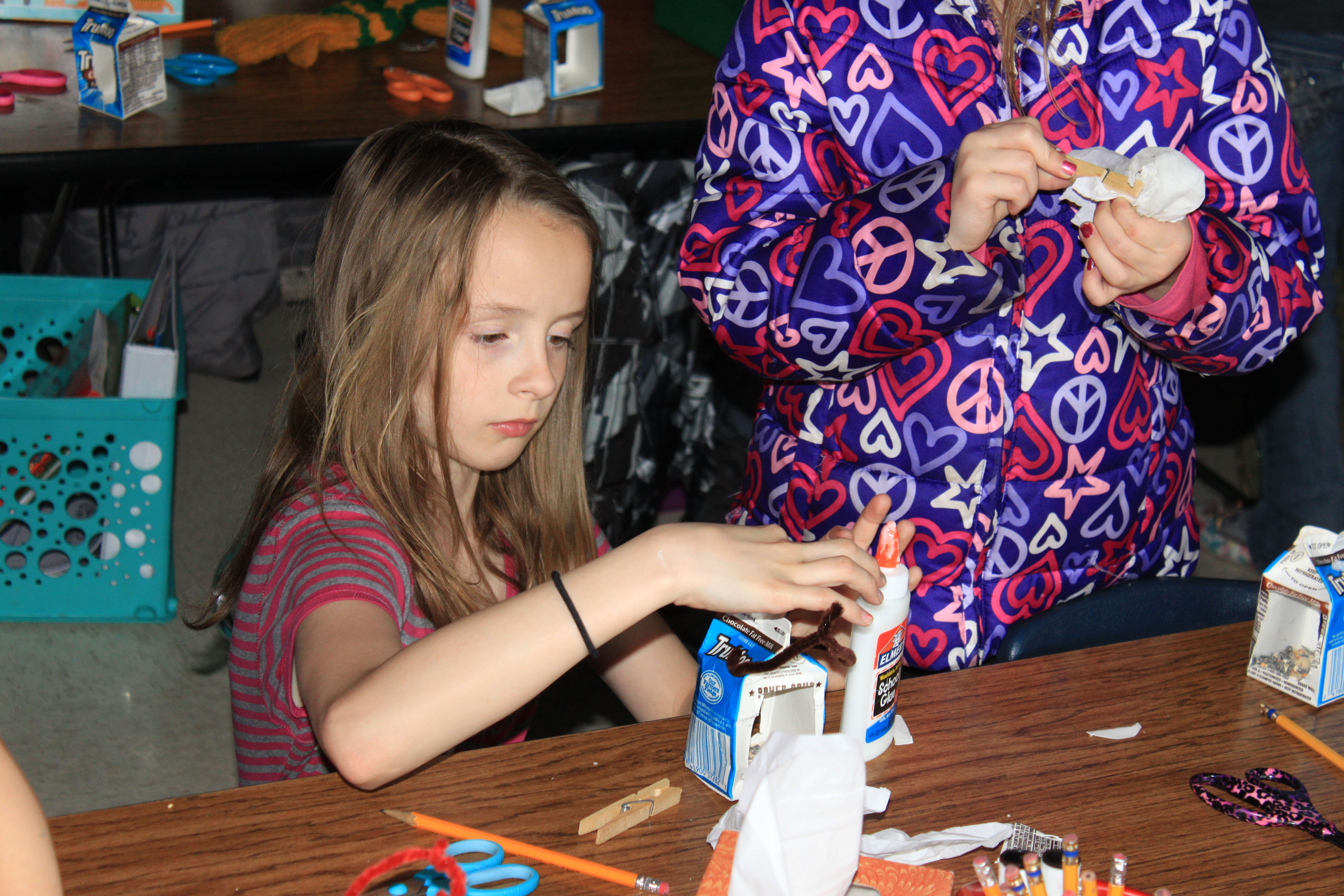Home from Afghanistan, Rhinelander soldier tells of his experience

A Rhinelander soldier has returned home after playing a part in bringing to an end the longest war in American history. For the past nine months or so, Staff Sgt. Rick Peterson and the rest of the Wisconsin Army National Guard’s 829th Engineer Company have disassembled U.S. Military bases in Afghanistan. President Obama last week fulfilled a promise by declaring an end to the United States combat mission in Afghanistan, after more than 13 years at war.
“Our main mission was deconstructing,” said Peterson. “We were tasked with taking different areas and collapsing them, and essentially making them disappear. The U.S. government, in cooperation with other coalition forces, was working to return Afghanistan to some semblance of what it was before we got there.”
It’s not easy to imagine taking apart military compounds that have stood for more than a dozen years; where does everything go? Peterson said the troops often worked hand in hand with the Afghan nationals to make sure as much as possible was usable.
“We would do the demolition, mostly by hand or with hand tools. We’d try to salvage as much as we could,” he recalled. “After we had everything taken apart and stacked, Afghan nationals would often purchase the lumber; they reused and repurposed everything they could from insulation and roofing to plywood and two by fours.”
This was Peterson’s second deployment to Afghanistan. He enlisted after encouraging his oldest daughter to consider the military after high school.
“A friend of mine was a National Guard recruiter,” Peterson said. “There were good opportunities for new enlistees, like bonuses and schooling opportunities. On her 17th birthday, my daughter signed on.”
But the recruiter didn’t stop there. Peterson said his friend got in his head a little.
“I figured if I was okay with my daughter possibly getting in harm’s way, and if I was still eligible and capable, maybe it was something I should consider. Going through basic training at twice the age of my fellow soldiers was….interesting.” A corrections unit supervisor at Lincoln Hills School for Boys, Peterson thought that perhaps his 10-plus years of work experience with teen age boys helped him in that regard. “We got out of basic training in February. I came into the 951st [Rhinelander-Tomahawk] for the first drill in April and found out we were tagged to deploy the following year.”
This time around, he spent time at bases in Bagram, Mazar-e Sharif, Shenk and Jalalabad. The weather in Afghanistan varied from city to city, with Bagram located in the mountains being a little cooler than the others. “When I say cooler, it was maybe 100-105 degrees on a hot day; when we left in late November it was getting down into the 40’s at night,” according to Peterson. “Mazar-e Sharif was quite hot – well over 120. We would take plenty of breaks. A couple of days when it was really hot we would work for 20 minutes and take 40 minute breaks.”
While there were activities available through the USO on each post at night, there was no going out on the town, and things were always done in a group. It’s the group structure and lack of freedom that made Peterson realize one of the things, besides his family, that he missed about being home.
“It depends on the moment, but you miss being able to do what you want to do when you want to do it,” he said. “I missed being able to go to the refrigerator and grab something to eat, or the freedom to jump in the car and run into town; just the independence to take a walk in the woods.”
With two deployments to a war torn and politically divided nation, Peterson reflected on the question of whether Afghanistan is better off today than it was 13 years ago.
“Oh, certainly; it could be said there are ways it could be even better than it is. Even with the five year gap in the times I was there, I have seen a lot more freedom of movement for the populace. The first time I was there we had less contact with individuals,” Peterson stated. “This time I saw a lot less foreign presence with the contracted employees. Like in the dining facilities there were Turkish people and Filipinos working there five years ago. This time it’s almost exclusively afghan nationals.”
He also says there are signs of economic growth in the areas he was stationed. “I remarked to someone that even something as simple as seeing one of the locals smoking is a sign. I think of smoking as something you do with disposable income…not something you’d buy when you are looking for work, or trying to find your next meal. And I think cell phone use is up. There are number of small indicators that life has improved for the Afghan citizens.”
“There is a long way to go for them,” Peterson added. “They have to take responsibility for their own security and improvements but we will be there to help, we’re not picking up and running away.”
Peterson remains enlisted through 2019, and he said he and his wife are already in discussions about his future with the National Guard. There is a changing climate in the military with the combat mission fading away; there may not be the deployment opportunities in the future, if he chooses to reenlist.
“We are four years off until a decision has to be made,” Peterson said with half a grin. “A lot can happen in four years…”
Leave a reply
You must be logged in to post a comment.





